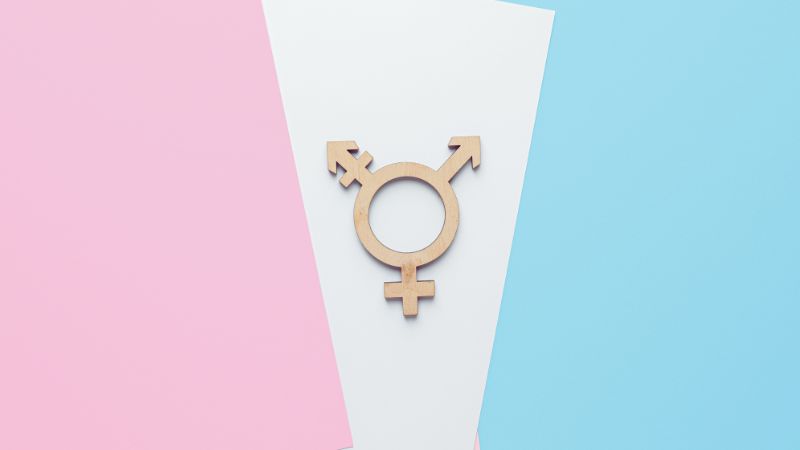The United Kingdom’s Office for Statistics Regulation (OSR) has released a report into their most recent national census and found that the question they asked about gender identity was not reliable.
Unlike Australia which conducts a census every five years, in the United Kingdom the process is only rolled out once a decade. Their most recent census was conducted in 2021 for England Wales and Northern Ireland, while Scotland held off until the following year due to the Covid-19 pandemic.
They included optional questions for people over the age of 16 that asked about their sexuality and whether respondents identified with their birth gender.

The census conducted by the Office for National Statistics (ONS) showed that around 1.5 million people (3.2 per cent) identified as gay, lesbian, bisexual or another non-heterosexual orientation. While 260,000 people (0.55 per cent of the population) said they were transgender.
When the figures were released last year the Equality Minister Kemi Badenoch ordered an investigation concerned that the number of transgender people may have been over-reported. LGBTIQA+ rights groups questioned if there might have actually been under-reporting, suggesting that many people may not have felt comfortable putting the information on the form.
In their final report, which was released last week, the OSR said it could not be confident that the numbers were accurate. At the request of the ONS the numbers reported have now been moved from “accredited official statistics” to ‘official statistics in development”.
“There is great value in ONS having undertaken this work on developing these statistics. We recognise the challenges in collecting data at scale on a sensitive topic for the first time. While there are lessons to be learned, ONS has worked with good intentions aiming to address an important data gap on gender identity.” they said.
They said further work will be needed to develop a question that they can have confidence in.
The UK’s experience comes as Australia prepares to include questions on sexuality and gender identity in the upcoming 2026 census.
Late last month the Albanese government announced that the questions were being dropped but following a community backlash reinstated the sexuality and gender questions. A proposed question about differentiations in sex characteristics is not proceeding, a move which has disappointed the intersex community.
Conservative group asks PM Anthony Albanese to flip his decision back again
Lobby group Family Voice Australia would like to see Prime Minister Anthony Albanese reverse his decision on including questions about sexuality and gender in the 2026 census.
“These questions go beyond what is necessary for effective data collection, infringing on the privacy of every Australian.” said National Director Peter Downie.
“It’s time to tell our leaders that the census should not pry into our personal lives. We need the government to focus on real issues like housing, education, and health, not delve into our bedrooms.” he said describing the inclusion of the questions as “creepy sex questions”.
National spokesperson David d’Lima echoed his sentiments.
“The census is meant to serve the nation by collecting essential data for public planning and services, not by probing into Australians’ private lives,” d’Lima said.
“Asking creepy and intrusive questions about sexuality is an overreach and a violation of privacy that should not be tolerated.”





